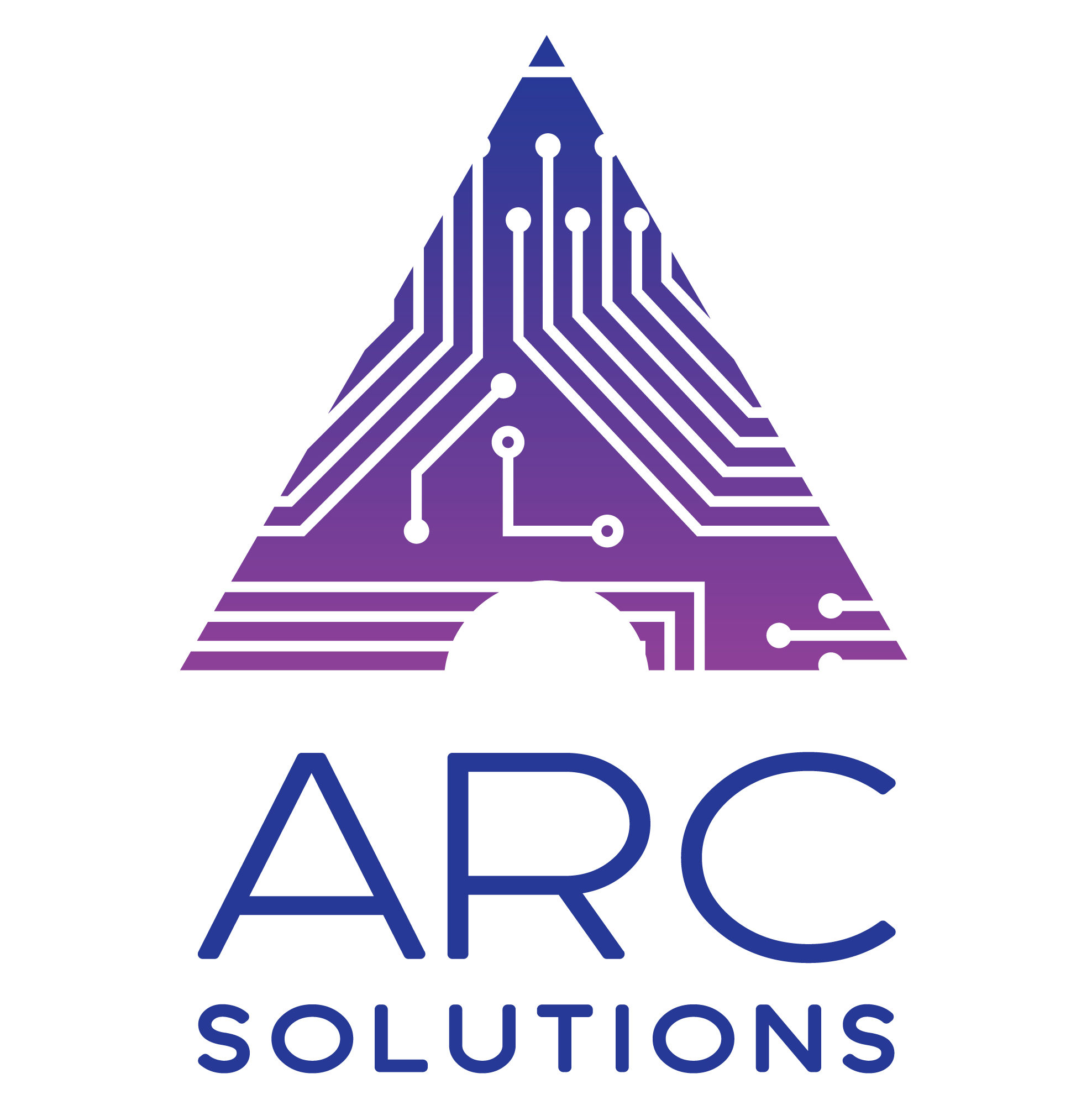Optimization for Websites 101
The trending word in the digital marketing space is optimization. These days we hear it so often, but do we understand what it means? We always stress the importance of having a website for your business. Now that you do, what can you do optimize it?
You first need to understand what exactly website optimization is. It is a process where you manage several elements on your site. This will lead to an increase in search engine results, site ranking and visitor traffic. It also involves improving your website to allow for the best visitor experience. You need to do this on a regular basis. Certain factors such as the use of keywords, anchor text as well as content allows this to happen.
Now, why is it important for your website to be well-ranked in search engine results? Well, it doesn’t make sense having a nice fancy website if it’s not on Google. People search for information on products and services by doing a search on Google. You want your target audience to be able to discover your website. A good optimization strategy is to ensure that your website ranks high.
You’re not relevant if you’re not in that Google party. This is an exclusive party, so you’ll want to ensure that you’re invited. There are some things that you can do to get an invitation. All it requires is paying a little extra attention, not money, to certain details.
Here are some things that you can do to optimize your website and secure that coveted spot in the Google party:
1. Check if and how you’re appearing on Google search:
While Google adds sites to their index, sometimes sites get missed. Google crawls billions of pages. It’s very possible for this to happen. To avoid this, you should adopt the following practices:
- Serve high-quality content to users: Ensure that your users have the best possible experience on your site. Think unique, valuable, engaging content that’s helpful and reliable.
- Create a business profile on Google: You can manage all your information that appears across Google, search and maps.
- Ensure that your content is accessible on all devices. Optimize it to load and display on all screen sizes.
- Hire professionals to help improve your websites visibility on search engine
2. Help people understand what your site is about:
It’s important to use high-quality title text on your web page. These give users quick insight into the content. It’s often the main piece of information they use to decide which search result to click on. Some best practices you should adopt include the following:
– Ensure that every page on your site has a title;
– Write descriptive and concise text. Don’t be too vague or long;
– Avoid keyword stuffing;
– Ensure that your main title is distinctive from other text on the page;
– Be careful about disallowing search engines from crawling your pages.
3. Provide a good user experience:
Take a look at the page experience for your website. This is a set of signals that measure how users perceive the experience of interacting with a web page. This experience goes beyond the pure information presented. It looks at the interaction both on mobile and desktop devices. It takes into consideration metrics that measure real-world user experience. These include loading performance, interactivity and the visual stability of the page. It also includes search signals. These include mobile friendliness, HTTPS and accessibility of the content to the user.
All these factors will increase the number of visitors you receive. Great website optimization means that you provide an enjoyable online experience. This ensures that more of these visitors will convert to customers. The goal is to post excellent content on an easy-to-navigate website. This website uses relevant keywords and links that allow users to find it. When you adopt all these measures you will surely get that invitation to the Google party. You’re welcome!
